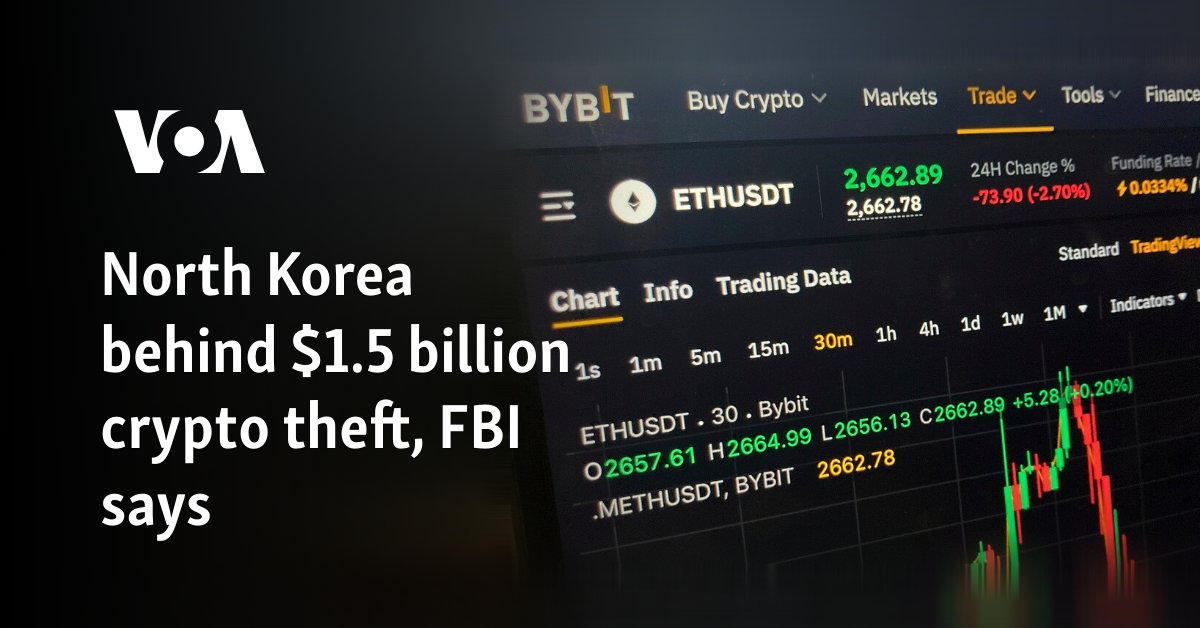Crypto Crossroads: Pakistan's Belated Blockchain Breakthrough

In the rapidly evolving digital landscape, countries are increasingly turning their attention to cryptocurrency, sparking a global conversation about financial innovation and economic transformation. As nations navigate this complex terrain, the question emerges: Are these decisions truly independent, or are they part of an inevitable global technological shift?
The cryptocurrency revolution is no longer a fringe movement, but a mainstream financial phenomenon that is reshaping how governments and individuals perceive money. Countries are not just passively observing this trend, but actively exploring how digital currencies can revolutionize their economic frameworks. From reducing transaction costs to providing financial inclusion for unbanked populations, cryptocurrency presents a compelling alternative to traditional monetary systems.
However, the motivations behind cryptocurrency adoption are nuanced. Some nations view it as a strategic economic opportunity, while others see it as a potential hedge against economic volatility or international sanctions. The decision to embrace digital currencies is rarely straightforward, involving complex considerations of technological infrastructure, regulatory challenges, and geopolitical dynamics.
What becomes increasingly clear is that cryptocurrency is not just a technological innovation, but a potential paradigm shift in global financial interactions. As more countries explore and implement digital currency strategies, we are witnessing a profound transformation in how money is conceived, traded, and understood in the 21st century.








